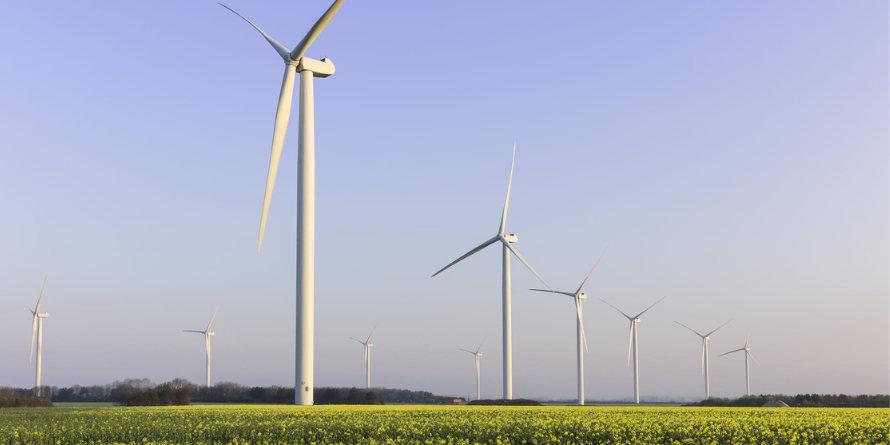Posted on: 18/12/2020
Account Director at the Carbon Trust, Mark Reynolds outlines how businesses are continuing to increase their sustainability credentials regardless of the COVID-19 pandemic.
Despite this year’s many challenges, climate change remains high on the agenda of leading businesses.
Consumer interest in climate change continues to grow, with increasing numbers of people asking how they can make a difference in both their personal and working lives.
COVID-19 has done nothing to change this trend. If anything, with so much talk around a green recovery and ‘building back better’, the net zero agenda is having a greater impact now than we’ve seen previously.
Businesses are increasingly seeking our help to measure their emissions and better understand the wider impact of their supply chains. We are also supporting a growing number of businesses with setting and achieving science-based targets (SBTs) which provide a clearly defined pathway for companies to reduce greenhouse gas emissions in line with the latest science to meet the goals of the Paris Agreement – limiting warming to1.5 degrees Celsius. For organisations aligning with best practice, this will mean a cut in carbon emissions of approximately 45% by 2030.
Of course, procuring renewable electricity can be a significant part of this journey (particularly when addressing Scope 2 greenhouse gas emissions) but many companies must also address emissions from their supply chains. For most organisations, carbon emissions in the value chain make up at least 80% of their total emissions. As a result, companies are increasingly measuring their value chain emissions and cascading carbon targets down to their key suppliers. For example, this trend is becoming more common in the real estate sector, where companies focus on their own buildings first but are now pushing their landlords to purchase renewable power too.
Consumer demand for transparency and the desire to engage with responsible businesses is a key driver of change. We are seeing an increasing interest in product carbon labelling across all kinds of sectors. Recent research, commissioned by the Carbon Trust and conducted by YouGov, showed that two-thirds of consumers would like to see carbon labelling on products in general. In the retail sector, we are now seeing high demand for carbon labelling on food and drink products for example, where companies are looking to differentiate themselves.
So, what does all this tell us? Ultimately, changes in the global political, economic and social landscape are pushing companies to take action on climate change. There are clearly rewards for those who lead the way in making their operations more sustainable. While those businesses who don’t, will likely find themselves losing out as consumers become more environmentally conscious and ultimately vote with their wallets.

 United States
United States Australia
Australia






